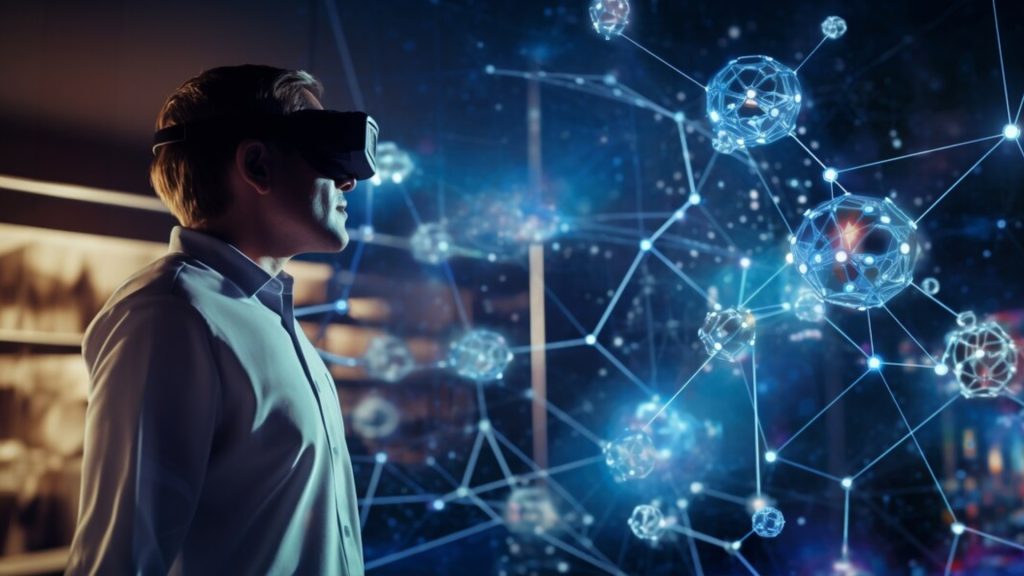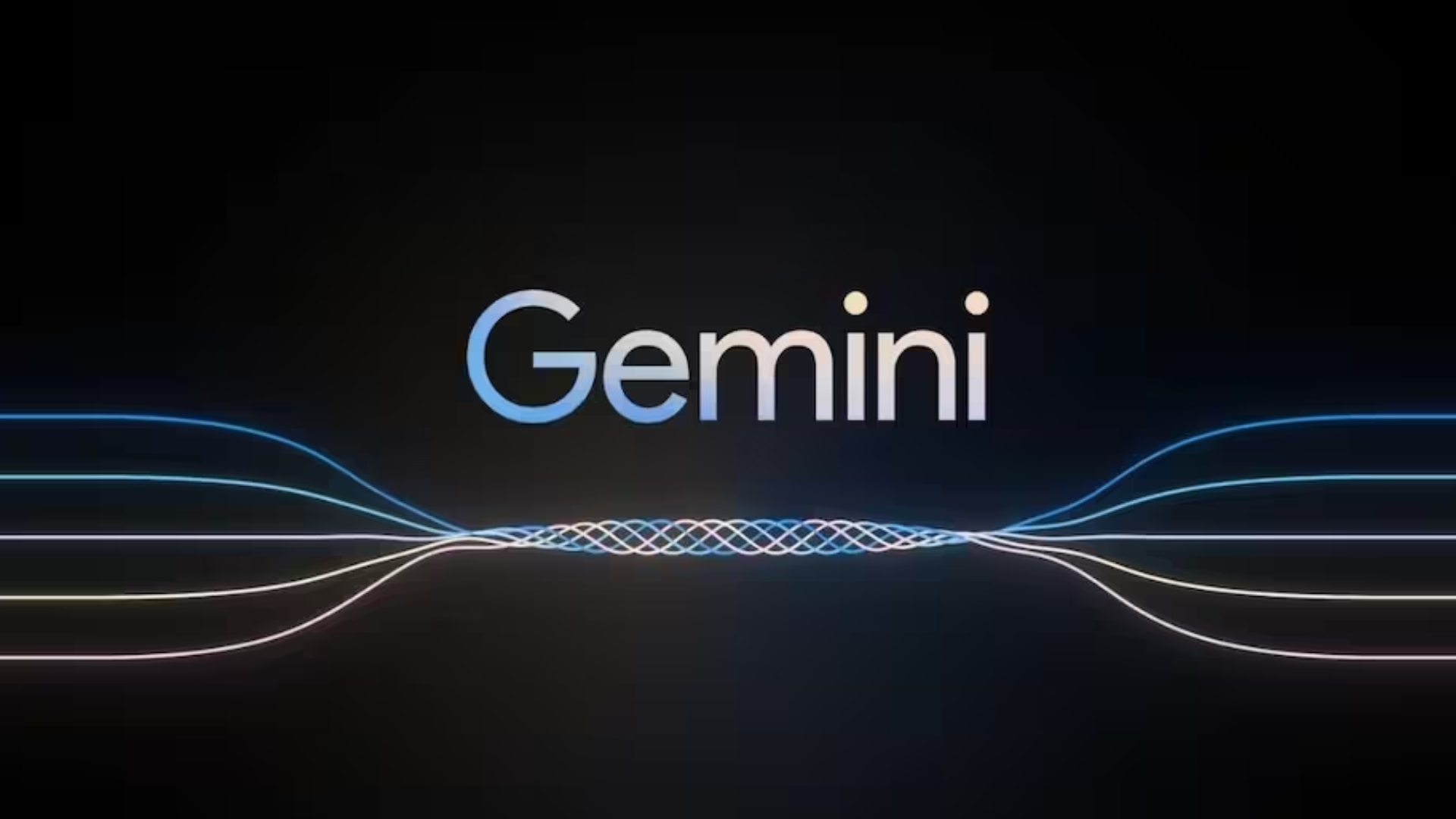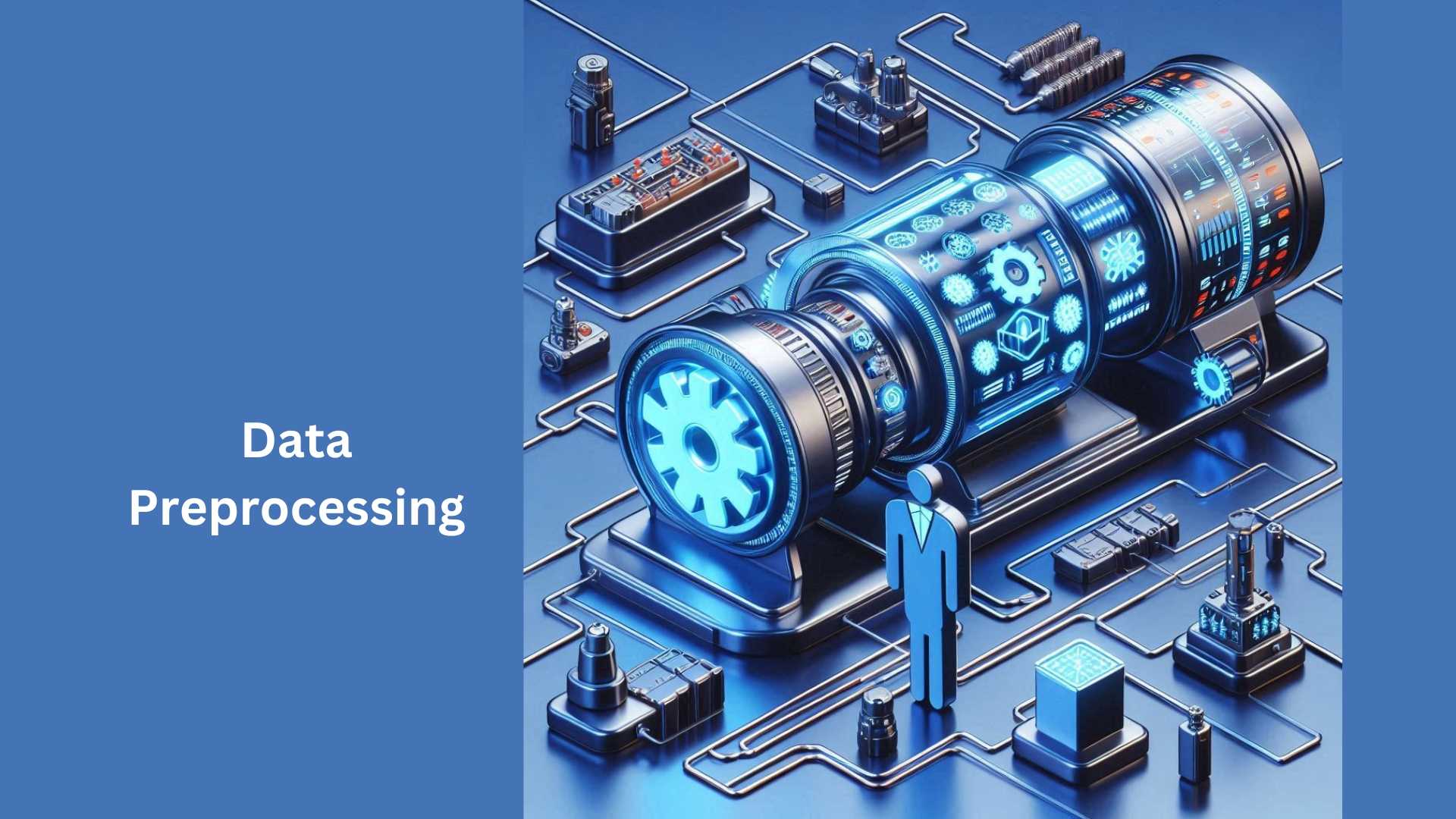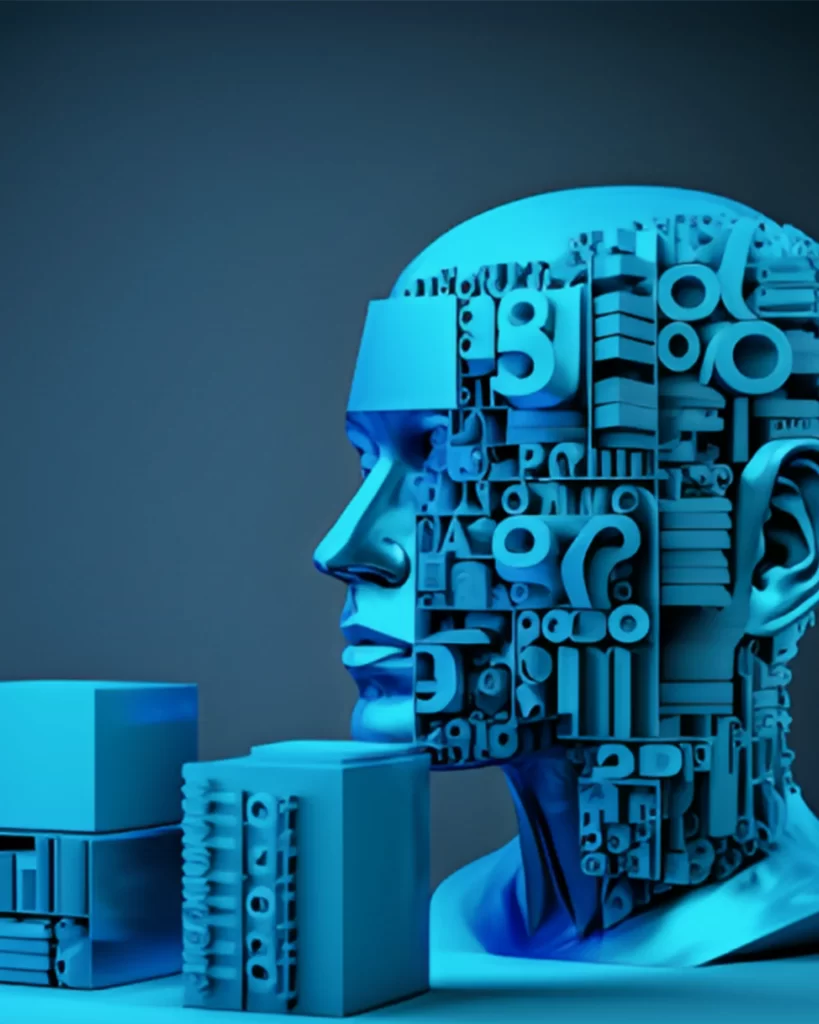Reinforcement of Human Learning: Evolutionary Insights
In a groundbreaking collaboration between Princeton University and the Max Planck Institute for Biological Cybernetics, researchers have unveiled a profound revelation in the realm of human desires, incorporating a deep exploration into the intricacies of the human inclination to continually seek more. Their work, published in the open-access PLOS Computational Biology, sheds light on the intriguing connection between human desires and accelerated learning.
The research posits that the perpetual craving for more may serve as an evolutionary strategy, playing a pivotal role in accelerating the human learning process. By constantly seeking new challenges and acquiring novel information, individuals may engage in a continuous cycle of cognitive stimulation, fostering adaptability and enhancing their ability to navigate the complexities of their environment.
The documented findings offer a glimpse into the complex interplay that shapes our quest for continual improvement and knowledge acquisition. It suggests that the inherent desire for more is not merely a psychological quirk but a fundamental aspect of our evolutionary heritage, honed over millennia to promote survival and success. This revelation challenges conventional perspectives on desire, framing it as a potent driver of intellectual growth and adaptability.
As society grapples with the ever-accelerating pace of change, understanding the profound connection between human desires and accelerated learning becomes increasingly relevant. This research opens new avenues for exploring the intricate relationship between our innate urges and the development of cognitive abilities, providing valuable insights into the mechanisms that underpin our relentless pursuit of progress and knowledge.
Unraveling Human Desires: A Crossdisciplinary Exploration
The fascinating paradox of human desires has captivated the attention of researchers Rachit Dubey, Thomas Griffiths, and Peter Dayan, who hail from prestigious institutions like Princeton University and the Max Planck Institute for Biological Cybernetics. Their curiosity centers around the intriguing phenomenon where individuals, despite being cognizant that the attainment of desires does not necessarily guarantee the anticipated satisfaction, continue to fervently pursue more wealth or possessions.
This paradox serves as a gateway into the intricate dynamics of human behavior, prompting a deep dive into the underlying motivations that drive this relentless pursuit. The researchers are keen to unravel the complex interplay of psychological, social, and cognitive factors that contribute to this phenomenon. By exploring the intricacies of human decision-making, they aim to shed light on the mechanisms that govern our desires and the evolutionary roots that may be influencing such behaviors.
At the crossroads of psychology and evolutionary science, this research delves into the fundamental aspects of what makes humans strive for more despite the elusive nature of contentment. The collaboration between minds from Princeton University and the Max Planck Institute for Biological Cybernetics signifies a multidisciplinary approach, underscoring the importance of understanding these paradoxical aspects of human nature. As these researchers embark on this intellectual journey, the hope is to unlock valuable insights into the profound intricacies of human desires and the evolutionary underpinnings that shape our relentless pursuit of fulfillment.
Unraveling Human Desire: Study Explores Pursuit of More
In a groundbreaking study delving into the relentless pursuit of more, researchers embarked on a fascinating exploration employing a simulation that intricately replicated human emotions and aspirations. Through meticulously designed checkpoints, the study sought to measure the elusive concept of happiness, aiming to unravel the enigma surrounding why individuals persistently strive for more, often investing disproportionate efforts in their pursuits.
The innovative methodology employed in this research provided a unique lens into the complex interplay between human desire, emotions, and the relentless pursuit of goals. By subjecting the simulated environment to a battery of tests and analyses, the researchers gained valuable insights into the psychological mechanisms that drive individuals to seek continual improvement and expansion in various aspects of life.
The findings from this study not only shed light on the intricate link between desire and goal pursuit but also hinted at the potential evolutionary roots underlying this compelling aspect of human behavior. The simulation offered a nuanced perspective on how the inherent drive for more might be deeply embedded in our evolutionary history, revealing a profound connection between our emotional landscape and the pursuit of aspirations.
In essence, this research contributes significantly to our understanding of the complex nature of human behavior, offering a fresh and insightful perspective on the constant urge for more that defines and propels our lives.
Reinforcement and Emotional Dynamics in Simulated Entities
At the heart of the simulation lies the dynamic framework of reinforcement learning, where entities navigate their environment, striving for positive rewards while evading negative consequences. This central concept mirrors real-world behavior, creating a foundation for the simulated entities’ decision-making processes.
Taking the simulation a step further, emotional complexity is introduced to the entities. Habituation, a phenomenon wherein happiness declines over time, adds a layer of realism to their experiences. Additionally, a comparison-driven happiness dip emerges, reflecting the impact of observing others who possess more desirable outcomes.
The dual mechanism of habituation and comparison unravels the intricacies of emotional responses within the simulated world. Habituation showcases the gradual decline of happiness as entities grow accustomed to their surroundings, while the comparison mechanism elicits a distinct dip when individuals observe others enjoying greater success.
This unveiling of emotional contributions provides a nuanced understanding of how emotions play a pivotal role in shaping desires and accelerating learning processes within the simulation. The interplay of reinforcement learning dynamics and emotional nuances enriches the simulated environment, offering insights into the complex nature of human-like entities and their quest for happiness and fulfillment.
Emotional Catalysts: Unraveling Success in Simulated Realms
In the continuous exploration of simulated scenarios, a conspicuous pattern surfaces: the expeditious accomplishment of goals is intricately tied to the incorporation of habituation and comparison mechanisms. Mimicking human behavior, emotional reactions emerge as potent catalysts, significantly expediting the learning curve within the simulated environment.
A compelling twist unfolds as the simulation delves deeper: an unexpected revelation challenges the conventional notion that an abundance of choices leads to heightened happiness. Contrary to popular belief, an increase in options paradoxically results in diminished satisfaction, shedding light on the intricate dynamics between emotions, goal realization, and the nuanced consequences of choices on overall well-being. This unexpected turn underscores the complexity inherent in the interplay of psychological factors within the simulated realm, offering valuable insights into the delicate balance required for optimal goal achievement and emotional fulfillment.
In essence, the unveiled patterns within the simulation underscore the indispensable role of habituation, comparison, and the intricate dance of emotions in shaping the trajectory of success, while simultaneously challenging preconceived notions about the correlation between choices and happiness.
Eternal Desires: Key to Human Learning and Evolution
The researchers put forth a compelling hypothesis that delves into the intricacies of human behavior, positing that the perpetual cycle of desire for more could be a mechanism crucial for accelerated learning on a grander scale. According to this proposition, the ceaseless pursuit of desires in humans is not merely a quirk of behavior but a fundamental strategy facilitating heightened knowledge acquisition and adaptation to dynamic environments.
This hypothesis hinges on the idea that the relentless quest for more is propelled by emotional responses linked to habituation and comparison. These emotional triggers, in turn, act as catalysts, propelling individuals towards continuous exploration and the acquisition of new knowledge. The researchers suggest that this innate drive for more is not arbitrary but intricately connected to cognitive evolution, playing a pivotal role in shaping human learning patterns and responses to the ever-changing world.
In essence, the hypothesis underscores the complex interplay between desire, emotions, and cognitive evolution, portraying the perpetual pursuit of more not merely as a behavioral idiosyncrasy but as an elemental strategy contributing to enhanced learning and, ultimately, human survival.
Desire, Emotions, and Evolution: Unraveling Human Behavior
The research not only sheds light on the intricacies of human behavior but also carries profound implications for understanding decision-making processes and learning mechanisms. The exploration of the intricate interplay between desire, emotions, and learning provides a unique opportunity to delve deeper into the evolutionary aspects of human cognition. As we unravel the complex dance of emotions, habits, and comparisons, the study unveils new avenues for expanding our comprehension of the profound forces steering human behavior.
This research invites us to contemplate the multifaceted nature of desire and its role in shaping our actions. Emotions, as integral components of this intricate system, are revealed to be pivotal in influencing decision-making. The study illuminates how our habits and the constant process of comparison contribute to the perpetual quest for more—a quest deeply embedded in the evolutionary underpinnings of human nature.
By dissecting these elements, the research not only enriches our understanding of the intricate dynamics within the human mind but also offers a compelling glimpse into the evolutionary forces that have molded our relentless pursuit of growth and fulfillment. In doing so, it contributes significantly to the broader landscape of behavioral science, paving the way for future inquiries into the fascinating realm of human motivation and evolution.
The Connection Between Desire and Accelerated Learning:
Princeton University and the Max Planck Institute for Biological Cybernetics have delved into the intricate relationship between the pursuit of more and accelerated learning. Through a groundbreaking study utilizing a reinforcement learning-based simulation, their research sheds light on the nuanced interplay that shapes human desires. The perpetual quest for more, as uncovered by the study, appears to function as an evolutionary mechanism. This drive is propelled by emotional responses to habituation and comparison, acting as a catalyst for expedited learning processes.
The research illuminates the complex dynamics that fuel human behavior, revealing how the incessant pursuit of desires may be deeply ingrained in our evolutionary history. The emotional responses triggered by habituation and comparison play a pivotal role, influencing individuals to seek more and, in turn, fostering a heightened capacity for accelerated learning. The study not only deepens our understanding of the intricate mechanisms driving human behavior but also provides valuable insights into the profound connection between desire and the learning process. By unraveling these dynamics, researchers contribute to our knowledge of the fundamental motivations that have shaped the course of human evolution.
Shaping Human Behavior Through Reinforcement Learning
Reinforcement learning, a fundamental aspect of simulation, closely parallels the way humans respond to stimuli. This concept involves a process where positive actions are inherently favored, while endeavors with negative consequences are instinctively avoided. The enduring pursuit of desires, observed in both real and simulated individuals, stems from the innate inclination to engage in actions yielding positive rewards. Even when outcomes diverge from the invested effort, individuals persistently pursue their goals, reflecting the complexity of motivational dynamics.
In the simulated environment, a distinctive pattern emerges as humans exhibit a natural inclination toward seeking positive reinforcement. This inclination sheds light on the intricate interplay of motivation, behavior, and the relentless pursuit of aspirations. The simulation serves as a microcosm mirroring real-world tendencies, where the gravitational pull toward positive outcomes shapes decision-making and fuels the perpetual quest for personal fulfillment. Understanding these dynamics not only enhances our comprehension of artificial intelligence but also offers insights into the intrinsic motivations that drive human behavior, underscoring the universal nature of the pursuit of positive reinforcement in shaping our actions and aspirations.

Unlocking Learning Potentials with Emotional Responses
The simulation transcends conventional reinforcement learning by incorporating intricate emotional dynamics associated with habituation and comparison. Habituation, a crucial facet, encapsulates the gradual decrease in happiness as individuals acclimate to novel experiences. This nuanced understanding recognizes that the initial joy derived from a new encounter diminishes over time. Furthermore, the simulation introduces a comparison element, elucidating the dip in happiness when individuals observe others possessing more of what they desire. This comparative aspect adds a layer of complexity, acknowledging the impact of social dynamics on human behavior.
These emotional reactions, meticulously integrated into the simulation, play a pivotal role in fostering an accelerated learning process. By simulating habituation and comparison, the model mirrors real-world complexities, enabling a more comprehensive analysis of human behavior. The observation of these emotional nuances facilitates a deeper understanding of how individuals adapt and respond to evolving circumstances. Consequently, the simulation not only advances the conventional understanding of reinforcement learning but also offers a more holistic perspective on the intricate interplay between emotions, habituation, and social comparisons in shaping human behavior.
The Happiness Equation: Unraveling Choice Dynamics
The simulation astounds me by challenging the conventional notion that an abundance of choices inevitably translates to increased happiness. Contrary to popular belief, research indicates that an excess of options doesn’t necessarily amplify contentment. This revelation underscores the intricate interplay between desire, decision-making, and emotions. It unveils a nuanced perspective on how the sheer multitude of choices can influence an individual’s overall well-being.
The surprising connection between the range of choices and happiness disrupts prevailing assumptions about the fulfillment of human desires. It prompts a reconsideration of the widely held belief that more options equate to a greater sense of satisfaction. Instead, it introduces a complex dynamic wherein the correlation between choices and happiness is far from straightforward. This revelation challenges us to delve deeper into the intricate psychology of decision-making and emotional states, encouraging a reevaluation of societal norms that associate abundance with fulfillment. In essence, the unexpected relationship between choices and happiness introduces a paradigm shift, urging us to explore the intricacies of human satisfaction beyond the superficial allure of unlimited options.
Regeneration Theory: Unraveling Evolution’s Secrets
The researchers present a compelling notion that underscores the role of humanity’s unending quest for more in the acceleration of learning processes. According to their proposal, the perpetual desire for advancement serves as a potent catalyst for knowledge acquisition and adaptation to ever-changing environments. Central to this perspective are the intricate interplays of emotions associated with habituation and comparison.
Habituation, in this context, refers to the emotional responses ingrained through repeated experiences, creating a profound connection between desire and the learning process. Moreover, the researchers emphasize the impact of comparison, asserting that the evaluation of one’s progress to others plays a pivotal role in propelling learning forward. These emotional nuances, embedded in the pursuit of desires, are deemed crucial elements for strategic evolution.
In essence, the constant quest for more is framed as a dynamic force that propels human evolution, fostering continuous learning and adaptability. Through this lens, the researchers highlight the importance of acknowledging and harnessing the emotional intricacies tied to habituation and comparison for navigating and thriving in a world characterized by perpetual change.
Insights into Human Cognition: Exploring Implications
The collaborative efforts between Princeton University and the Max Planck Institute have brought forth profound insights into the realms of decision-making and learning. This partnership has not only delved into the intricate nuances of desire, emotions, and learning but has also set the stage for a deeper exploration of evolutionary drivers. By unveiling the intricate dance between desire and learning, this research establishes a solid foundation for further investigations in the field of cognitive science. The revelations from this collaboration shed light on the complexities inherent in human behavior, offering a roadmap for understanding the fundamental forces that govern decision-making.
This research marks a significant leap in unraveling the enigmatic interplay that propels humans in their relentless pursuit of knowledge and adaptation. The findings provide a nuanced perspective on the dynamic relationship between desire and learning, offering valuable insights into the mechanisms that drive individuals to make choices and acquire new knowledge. In essence, the Princeton-Max Planck collaboration opens doors to a deeper comprehension of the forces shaping human cognition, contributing to the ever-evolving landscape of cognitive science research.
Simulated Evolution: Concluding Reinforcement Learning
Princeton University and the Max Planck Institute have conducted groundbreaking research into human desires, revealing a profound connection between the pursuit of more and faster learning. Their simulation delves into the complex factors shaping our desires, offering a captivating glimpse into human behavior and the enduring quest for more.
The study sheds light on evolutionary forces that drive human desires, providing a profound comprehension of the mechanics behind our relentless pursuit. Beyond immediate findings, the research influences decision-making and learning processes, suggesting that the pursuit of more acts as a catalyst for accelerated learning, fostering dynamic adaptation.
Desire emerges as a central theme in the intricate dance of human behavior, serving as a powerful motivator for learning. The collaborative effort between Princeton University and the Max Planck Institute encourages further exploration into the web of human behavior, opening exciting avenues for future research. By unraveling the link between desire and learning, the study lays a foundation for understanding perpetual quest mysteries, enriching our comprehension of the complex tapestry of human existence. This research not only deepens our insight into human desires but also underscores their role in driving the perpetual quest for knowledge and advancement.
To Know More: https://shorturl.at/bkqyD
Keywords: Simulations | aitech | AI optimized hardware | AI ops | artificial intelligence and cybersecurity | artificial intelligence | artificial AI | generative AI









